- IDP China>
- 课程库>
- 工程与技术>
- 工程学及其相关技术>
- 其他工程及相关技术>
- Bachelor of Engineering (Environmental Engineering) (Honours)
工学学士(环境工程)(荣誉学位)
Bachelor of Engineering (Environmental Engineering) (Honours)

学历文凭
Bachelor Degree with Honours

专业院系

开学时间

课程时长

课程学费

国际学生入学条件
IDP—雅思考试联合主办方

雅思考试总分
6.5
- 雅思总分:6.5
- 托福网考总分:79
- 托福笔试总分:160
- 其他语言考试:Pearson Test of English (Academic) (PTE (A)): minimum score of 58 (with no communication band less than 50)
CRICOS代码: 079627A
申请截止日期: 请与IDP联系 以获取详细信息。
课程简介
Gain the skills and knowledge you'll need to enter the diverse and rewarding field of environmental engineering. RMIT's Bachelor of Engineering (Environmental Engineering) (Honours) offers you the chance to specialise in engineering fields critical to solving the world’s environmental challenges. Land contamination and rehabilitation, energy, hydrogeology, wastewater treatment, and sustainable cities are strong focus areas.Elective subjects such as the Humanitarian Experiential Learning Project will provide you with the opportunity to gain a global perspective on the world’s environmental challenges and the role environmental engineers can play in solving them.Graduate from this degree with the skills and knowledge to conserve water resources, supply safe drinking water in challenging contexts, undertake rehabilitation of contaminated land and groundwater, design systems to sustainably manage wastes and reduce the environmental footprint in urban and rural communities, and prepare environmental impact studies for major infrastructure projects.Work-integrated learning opportunities will provide you with real-world experience and industry connections. You’ll have the opportunity to design creative solutions through inspiring and sustainable design and build projects, and take part in the Engineers Without Borders Challenge.These include visits to Melbourne’s major water treatment plants, sites of geological significance in the Melbourne region and study tours focusing on mine site remediation, sustainable city design and land and water resources management. Laboratory-based activities cover mini research projects. You'll develop innovative solutions for waste products, such as generating bio-gas from waste, testing natural and engineered water treatment systems, and modelling the flow of pollutants above and below the ground.In the final year of your environmental engineering studies, you will undertake a major project that is either industry-based or simulates an industrial situation. Combining and further developing the key theoretical and practical knowledge necessary for your field, you’ll work with industry leaders to solve a project challenge. Before graduating, you are strongly encouraged to complete a minimum of 10 weeks engineering work experience. This allows you to gain first-hand experience in an engineering practice environment under the supervision of a practising professional engineer. The nature and timing of this industry experience can take a range of forms. Opportunities exist for an overseas work placement of either six or 12 months. Placements are normally taken during a one-year break in the middle or at the end of the third year of the degree.
相关申请
 预科
预科 奖学金
奖学金 实习机会
实习机会 在校学习
在校学习 跨境学习
跨境学习 校园授课-线上开始
校园授课-线上开始 在线/远程学习
在线/远程学习
开学时间&学费
学费信息仅供参考,请与IDP联系以获取详细信息
| 开学时间 | 时长 | 学费 | 地点 |
|---|---|---|---|
| 暂无 | 暂无 | 暂无 | 暂无 |
学校排名

世界排名401
数据源:
泰晤士高等教育世界大学排名
关于皇家墨尔本理工大学

皇家墨尔本理工大学 (RMIT) 是一所全球性的科技、设计和创业大学。它是世界前 150 名大学之一(QS 2026 年大学排名),以其在高等教育和应用研究领域的全球卓越成就而闻名。RMIT 的校园配备了世界最先进的技术和设施,为开展突破性研究提供所需的工具和专业知识。该大学是澳大利亚最大的大学之一,始建于1887年。它也是澳大利亚唯一一所可以使用''皇家''前缀的高等教育机构,曾获得伊丽莎白二世女王的赞助。该大学的主校区位于墨尔本市中心,墨尔本是全球第五大最佳学生城市(QS 2026年最佳学生城市)。RMIT在澳大利亚拥有三个校区和两个航空基地,在越南拥有两个校区,并在巴塞罗那设有一个产学研合作中心。该大学还与全球40多个国家的200所不同机构建立了合作伙伴关系。RMIT在全球排名第125位 (QS2026年排名),在减少不平等方面的努力方面位列全球第五位 ((2025年泰晤士高等教育影响力排名)。RMIT欢迎来自世界各地的学生,并为希望在大学学习并获得学位的学生提供广泛的交换项目。该大学专注于应用型学习,包括实践学习和行业学习。该大学与德勤、阿迪达斯和宝马等全球知名品牌合作,提供旨在确保学生毕业后做好充分准备,开启精彩职业生涯的课程。许多课程提供实习机会和实践体验。
本校相关课程
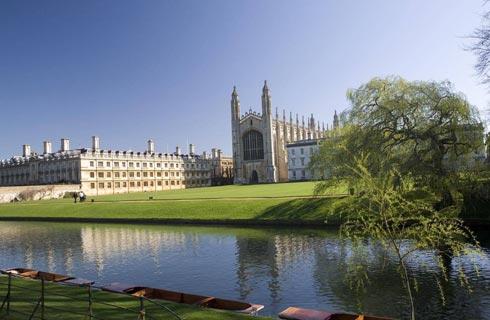
媒体与传播学士(荣誉学位)
学历文凭
Bachelor Degree with Honours
开学日期
课程费用总额

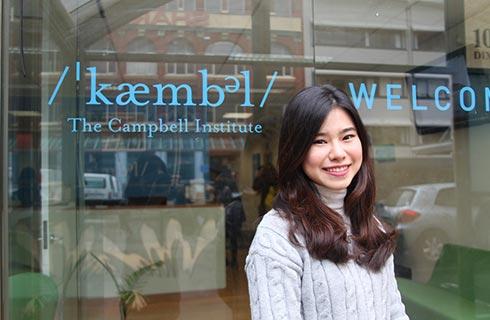
工程学硕士(电气和电子工程)
学历文凭
Masters Degree (Coursework)
开学日期
课程费用总额


生物医学学士
学历文凭
Bachelor Degree
开学日期
课程费用总额

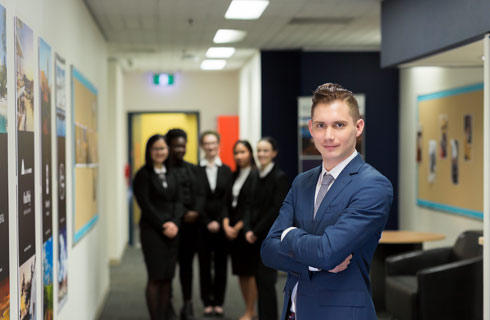
时装和纺织品销售副学士学位
学历文凭
Associate Degree
开学日期
课程费用总额

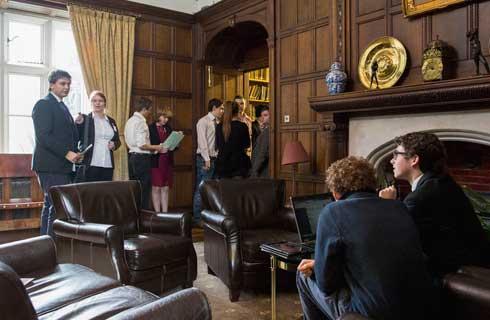
心理健康护理研究生文凭
学历文凭
Graduate Diploma
开学日期
课程费用总额


应用科学副学士
学历文凭
Associate Degree
开学日期
课程费用总额

其他相关课程
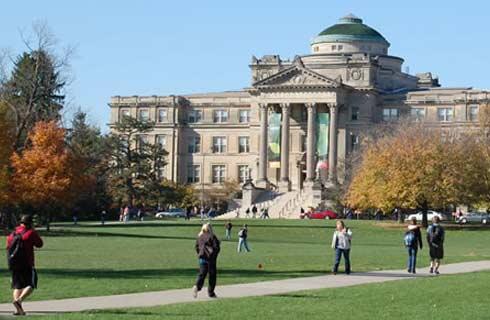
利兹ISC国际预科课程-科学,工程与计算机-利兹国际学习中心-ISC研究组
 Study Group学习集团(英国)
Study Group学习集团(英国)学历文凭
Foundation for Undergraduate
开学日期
课程费用总额

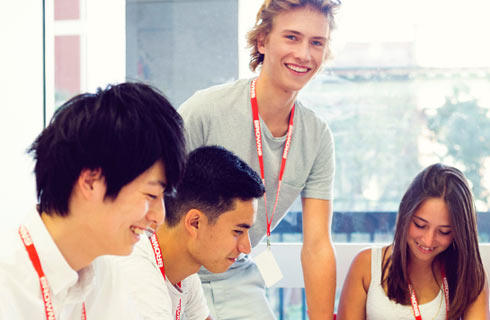
Master of Renewable and Future Energy
 西澳大学
西澳大学学历文凭
Masters Degree (Coursework)
开学日期
课程费用总额


MRes Acoustics
 南安普顿大学
南安普顿大学泰晤士高等教育世界大学排名:129
学历文凭
Masters Degree (Research)
开学日期
课程费用总额

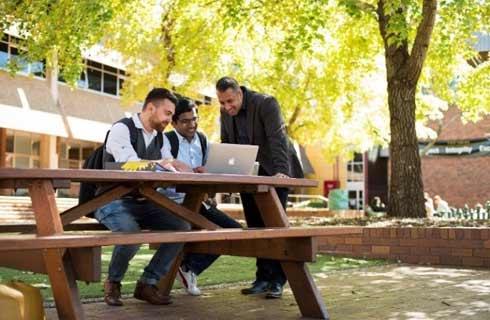
专业工程学硕士
 科廷大学
科廷大学泰晤士高等教育世界大学排名:256
学历文凭
Masters Degree (Coursework)
开学日期
课程费用总额

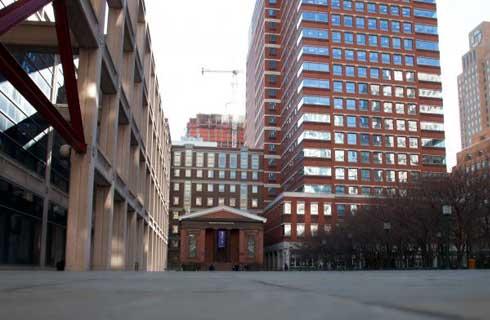
New Zealand Certificate in Study and Career Preparation (Bachelor of Engineering Pathway) (Level 4)
 Ara坎特伯雷理工学院
Ara坎特伯雷理工学院学历文凭
Certificate level 4
开学日期
课程费用总额

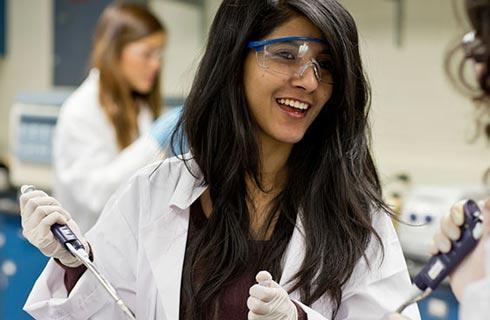
工程师文凭(标准)
 悉尼科技大学学院
悉尼科技大学学院学历文凭
Diploma
开学日期
课程费用总额










